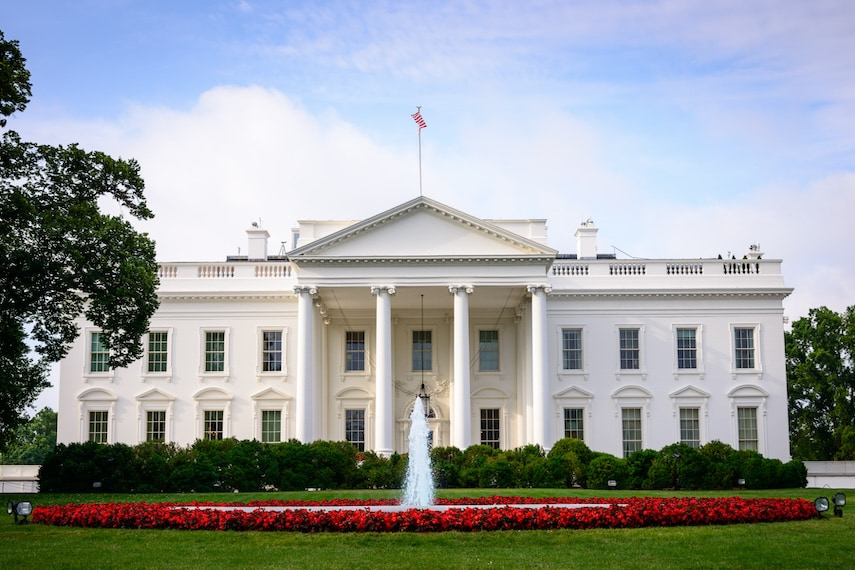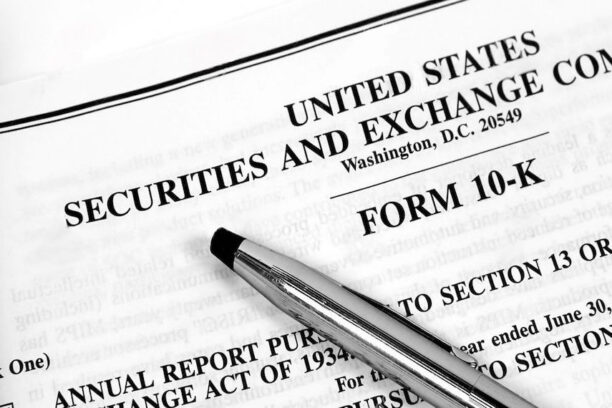Given the anti-ESG/sustainability philosophies of the current US administration, this is a bit unexpected. On April 17, a new Executive Order was issued Restoring American Seafood Competitiveness. The intent of the EO is
“to promote the productive harvest of our seafood resources; unburden our commercial fishermen from costly and inefficient regulation; combat illegal, unreported, and unregulated (IUU) fishing; and protect our seafood markets from the unfair trade practices of foreign nations.”
Seafood processing, especially on vessels in international waters, has long been associated with forced labor, slavery, abuse and other human rights violations – which is called out in the EO:
“The United States Trade Representative shall examine the relevant trade practices of major seafood-producing nations, including with regard to IUU fishing and the use of forced labor in the seafood supply chain, and consider appropriate responses, including pursuing solutions through negotiations or trade enforcement authorities, such as under section 301 of the Trade Act of 1974 (19 U.S.C. 2411).”
The meat of the matter (pun completely intended) is this:
“The Secretary of Commerce, in consultation with the Secretary of Health and Human Services, the Secretary of Homeland Security, and other relevant agencies, shall immediately consider revising or rescinding recent expansions of the Seafood Import Monitoring Program to unnecessary species and further improve the program to more effectively target high-risk shipments from nations that routinely violate international fishery regulations. The Secretary of Commerce, the Secretary of Health and Human Services, and the Secretary of Homeland Security shall use cost savings to improve thorough checks at United States ports to prevent IUU seafood from entering the market. The Secretary of Commerce shall further consider options to use improved technology to identify foreign fishery-related violations.”
This is a positive step for human rights in the seafood supply chain – and there’s an important nuance for sustainability professionals:
The EO takes a “business first” path, with reducing forced labor called out as a co-benefit.
You may not agree with the “America-first” policy underlying the EO or the administration’s stance on other matters, but that is a lesson about communicating sustainability/ESG value you may want to take home, especially in today’s current environment.
Members can learn more about communicating the business value of sustainability in our Guidebooks Simplifying ESG/Sustainability Business Value and Communicating ESG Value, as well as my book Killing Sustainability available as a complementary member benefit in our Guidebooks section.
If you aren’t already subscribed to our complimentary ESG blog, sign up here for daily updates delivered right to you.










